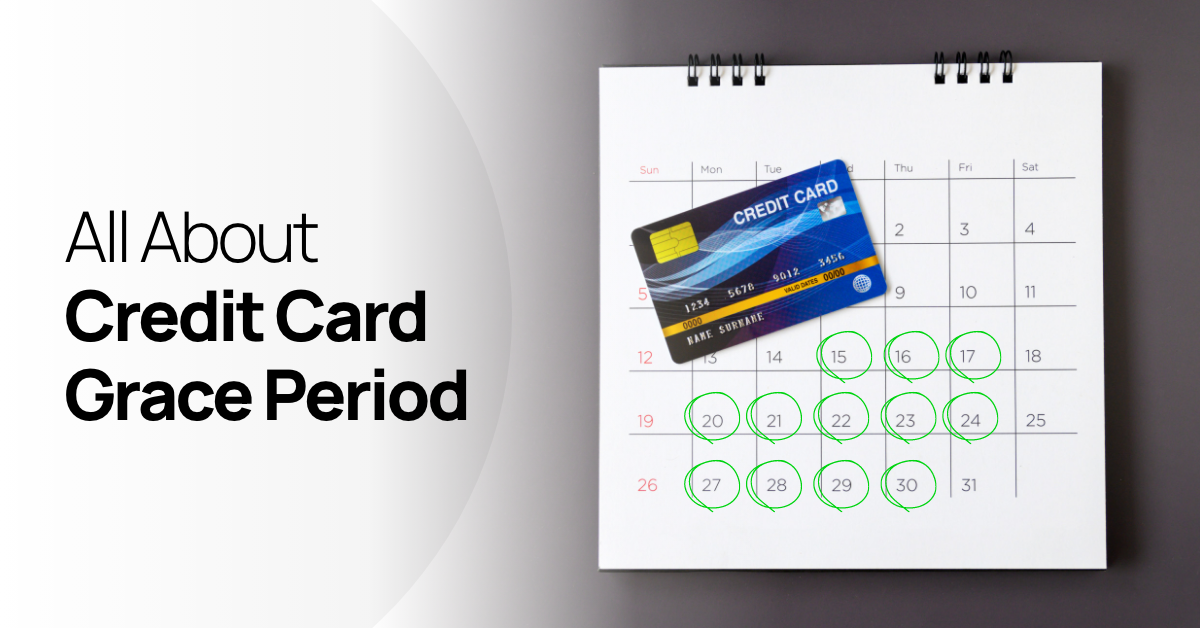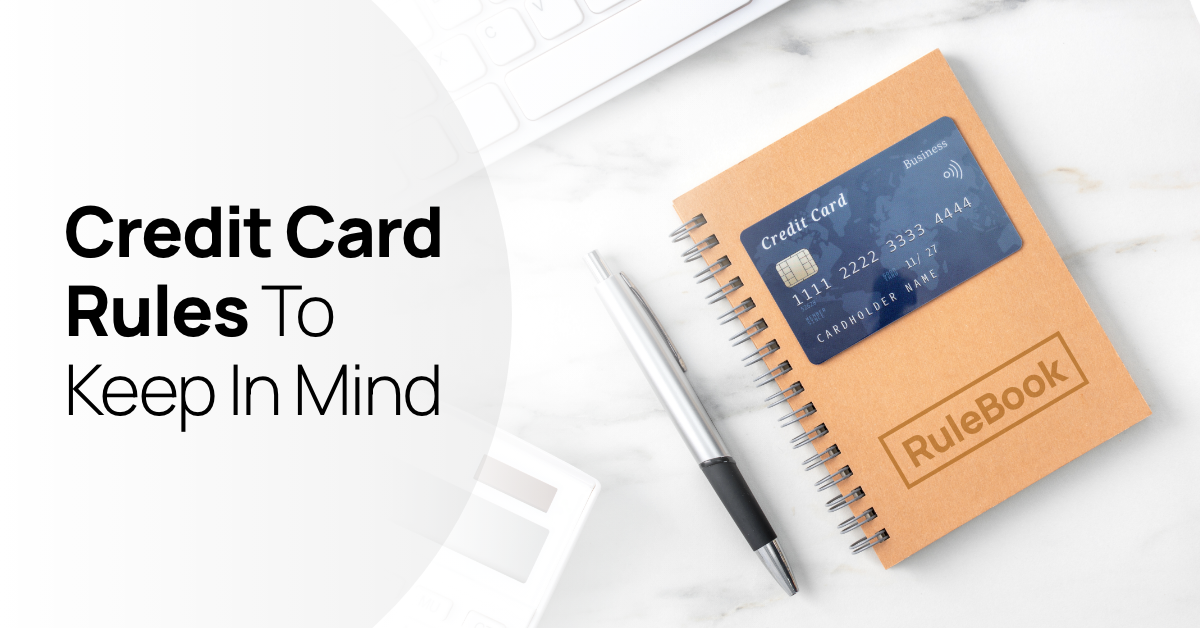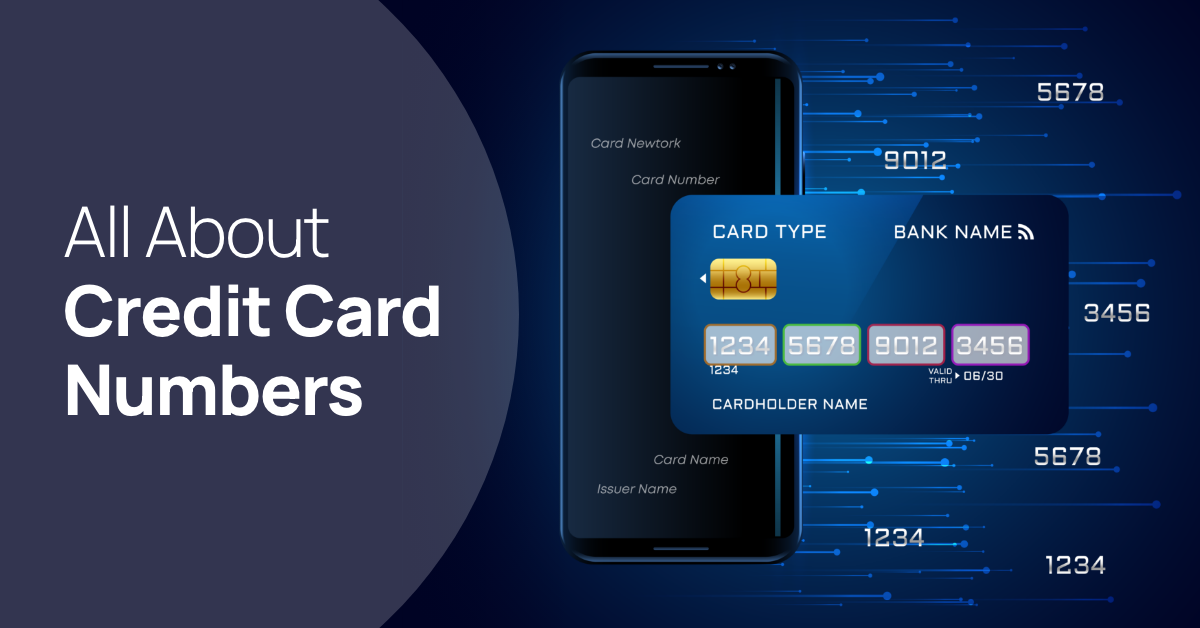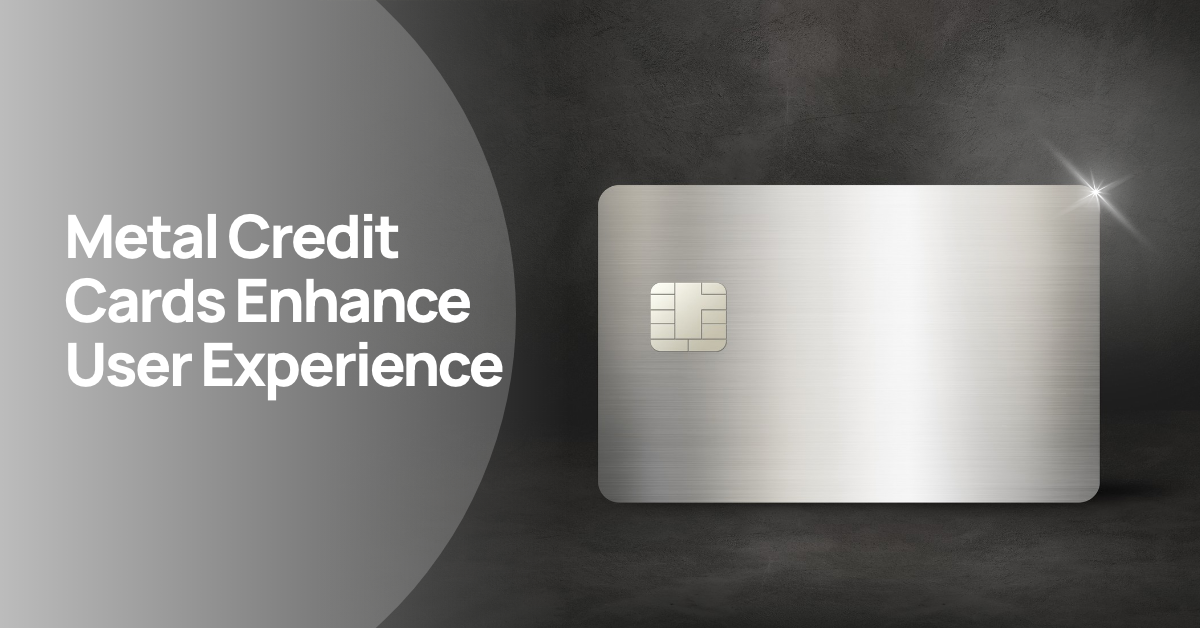What Is Credit Card Grace Period and How Does It Work?
By OneCard | March 01, 2024

In today’s way of life, credit cards have become essential for most people. As these cards play a significant role in day-to-day transactions, it’s essential to understand every detail. Among the key terms that often spark curiosity is the “credit card grace period.”
But what exactly is it, and how does it affect you? Navigating the world of credit cards might seem tricky, especially when related terms are unclear. But getting a clear understanding of this is crucial. It helps you make the most of your card’s benefits while waving off any unwanted fees.
Table of contents:
What is the Grace Period on a Credit Card?
A credit card grace period refers to the time after the billing cycle ends and before the date on which you are supposed to pay the bill.
-
Purpose: It’s a buffer given by the card issuer. It allows you to pay your credit card bill without being charged any interest on your purchases during the billing cycle.
-
Duration: The grace period for credit card payment generally lasts for a minimum of three weeks, depending on your card issuer’s policies.
It is important to note that this period only applies if you have no carryover balance. If you carry a balance from the previous month, interest might be charged immediately on new purchases. Cash advance also doesn’t get a grace period, and you will start incurring interest immediately after you use one.
How Does the Credit Card Grace Period Work?
-
Post-billing cycle: Once your billing cycle ends, the credit card grace period begins. It’s the time you have to pay your bill.
-
Interest-free period: If you pay your full balance within this period, you won’t be charged interest on your purchases.
-
Not for all transactions: Transactions like cash advances might not have a grace period. So, always double-check with your card issuer.
-
Late payments: If you miss paying your full bill by the end of the grace period, interest will be charged on the entire outstanding amount from the day you made each purchase.

Benefits of Credit Card Grace Period
Let’s look at some of the key benefits of credit card grace period:
-
Interest savings: This is, undoubtedly, the most striking benefit. By settling your bill within the grace period, you’re essentially enjoying an interest-free loan from your credit card issuer. When you pay in full within this period, you effectively bypass any interest that would otherwise accumulate. Additionally, you can enjoy various discounts and reward points on your purchases.
-
Better cash flow management: The grace period offers a buffer, a sort of financial leeway. It’s not just about avoiding interest; it’s about giving you ample time to align your incomes, expenditures, and priorities. This period becomes crucial during those tight months, allowing you to strategise and pay your bills without feeling rushed.
-
Boosts credit score: Your CIBIL score reflects your financial discipline. Regularly clearing your dues in full during the grace period for credit card payment signifies responsible credit behaviour. Over time, this positive pattern can uplift your CIBIL score, making future financial endeavours smoother.
-
Avoid late fees: A significant yet overlooked advantage. Late payment fees can be hefty, eating into your savings. You can effortlessly get away with these late payment charges by being well-versed in your card’s grace period and ensuring timely payments. It’s not just about saving money; it’s also about cultivating financial prudence.
Conclusion
Navigating the credit card landscape requires a solid grasp of its intricacies, with the grace period taking centre stage. In conclusion, the credit card grace period, a time of interest-free flexibility, is a crucial advantage for bill settlement.

**Disclaimer: The information provided in this webpage does not, and is not intended to, constitute any kind of advice; instead, all the information available here is for general informational purposes only. FPL Technologies Private Limited and the author shall not be responsible for any direct/indirect/damages/loss incurred by the reader for making any decision based on the contents and information. Please consult your advisor before making any decision.



Sharing is caring 😉